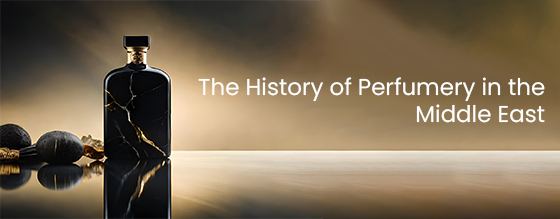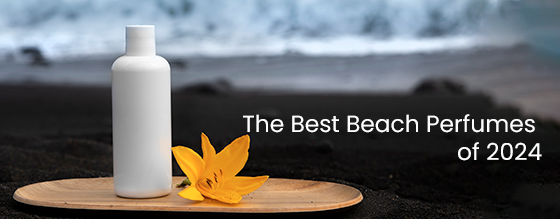The enchanting story of Perfumery in the Middle East begins over 5,000 years ago, rooted in the ancient civilizations of Mesopotamia, Egypt, and Persia. These early societies recognized the value of aromatic substances, not only for their delightful scents but also for their roles in religious and public life. The distillation of plants and flowers for their essential oils marked the beginnings of a refined art that would evolve into a profound cultural heritage. To explore authentic Middle Eastern perfumes from this ancient tradition, visit the perfume store.
Perfumery Techniques and Innovations
Advancements in perfumery techniques and innovations occurred during the Islamic Golden Age, from the 8th to the 13th century. Islamic scholars and chemists, building upon the knowledge inherited from the Greeks and Romans, developed sophisticated methods of extraction such as steam distillation. This period saw the refinement of techniques to capture the essence of roses, jasmine, and other aromatic botanicals. The introduction of new materials such as distilled alcohol from the West, although not widely used due to religious prohibitions, opened up possibilities for preserving and blending scents in novel ways.
The Golden Age of Arabic Perfumery
The Golden Age of Arabic Perfumery was characterized by extensive trade and the flourishing of arts and science under the patronage of the caliphates. Cities like Baghdad, Damascus, and later Cordoba became centers of knowledge and luxury, where perfumes were both created and eagerly traded. Perfumers in these urban centers enjoyed high status and were often commissioned to produce exclusive scents for royal and wealthy patrons. During this era, perfumery was considered both an art and a science, with books and manuscripts detailing recipes and techniques that influenced perfumery practices far beyond the Middle East.
The Influence of Middle Eastern Fragrances on Western Perfumery
The influence of The History of Middle Eastern Fragrances on Western perfumery began to take hold as trade routes expanded between the East and West. Ingredients such as musk, ambergris, and sandalwood, along with the knowledge of distillation techniques, traveled to Europe during the Middle Ages. These exotic scents captivated European perfumers, laying the groundwork for a perfume industry that would later flourish in places like Grasse, France, renowned today as the perfume capital of the world.
Ingredients and Aromatics
The cornerstone of Middle Eastern perfumery lies in its rich palette of ingredients and aromatics. Oud, derived from the resinous heartwood of agarwood trees, offers a deep, woody base that is intensely aromatic and has become synonymous with luxury and sophistication in perfumery. Saffron and frankincense, other staples, are noted for their distinctive notes that add depth and warmth to a fragrance. These ingredients are celebrated not just for their olfactory qualities but for their cultural resonances, evoking the spirit and The origins of Arab perfumes.
The Importance of Perfumes for Arab Peoples
For Arab peoples, perfumes are deeply imbued with cultural and spiritual significance. They play an essential role in social ceremonies, from weddings to religious gatherings, where scents are used to purify, bless, and add a layer of transcendence to the occasion. The act of wearing perfume is also seen as a gesture of hospitality and respect towards others, reflecting the region's famed generosity and emphasis on community. This highlights The history of perfumes in the Arab world as more than just a tradition — it's a vital part of cultural identity.
Conclusion
Today, the art of Middle Eastern perfumery remains a vibrant and influential force in the global fragrance industry. Its legacy is sustained through both traditional practices and modern innovations that continue to draw inspiration from the region's history. For those interested in experiencing the genuine scents of this rich tradition, explore the collection of natural parfum.
The enduring tradition of Middle Eastern perfumery is not only a testament to its rich past but also a beacon for future creativity in the world of fragrance.



